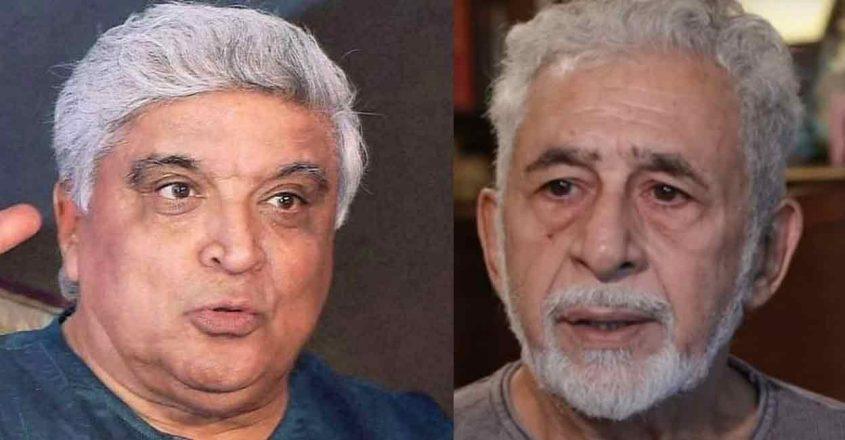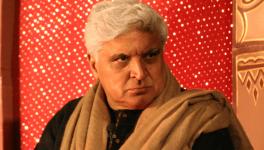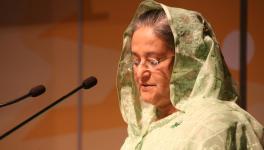Secular Muslims' Collective Opposes Demand for Anti-blasphemy Law

Image credit: OnManorama
Calling the demand for an anti-blasphemy law by the All India Muslim Personal Law Board (AIMPLB) and some other organisations ‘unconstitutional’, Indian Muslims for Secular Democracy has said that it strongly opposes the demand.
In a press statement, the collective said on November 27 that in a secular state, there can be no place for a law criminalising blasphemy, even though constant attempts by certain hate factories of Hindutva which are working overtime to demonise Islam and Muslims are condemnable.
The statement has been endorsed by 400 secular Indians, a large majority of whom are Muslims. Among the signatories are several prominent Indians, including Javed Akhtar, Shabana Azmi, and Naseeruddin Shah.
The statement read: “As equal citizens of India Muslims have the right to invoke Section 295(A) against every attempt to target the community with hate speech and demand strict enforcement of the existing law. But the demand for a special law to punish blasphemy must be opposed for more than one reason. Among other things, the experience of neighbouring countries shows that such a law promotes fanaticism and seeks to silence even rational critical commentaries on religion.”
Read the full statement below:
Indian Muslims for Secular Democracy (IMSD) strongly opposes the unconstitutional demand of the All India Muslim Personal Law Board (AIMPLB) and some other organisations for an anti-blasphemy law in India. The IMSD statement has been endorsed by nearly 400 secular Indians. A large majority of the signatories are Muslims.
We condemn the constant attempts by certain hate factories of Hindutva which are working overtime to demonise Islam and Muslims. However, IMSD fully supports the principle that in a secular state there can be no place for a law criminalising blasphemy.
Muslims demanding such a law should instead take recourse of the already existing law against hate speech in our country. Section 295 (A) of the Indian Penal Code states: “Whoever, with deliberate and malicious intention of outraging the religious feelings of any class of (citizens of India), (by words, either spoken or written or by signs or by visible representation or otherwise) insults or attempts to insult the religion or the religious beliefs of that class, shall be punished with imprisonment of either description for a term which may extend to (three years) or fine or with both”.
As equal citizens of India Muslims have the right to invoke Section 295(A) against every attempt to target the community with hate speech and demand strict enforcement of the existing law. But the demand for a special law to punish blasphemy must be opposed for more than one reason. Among other things, the experience of neighbouring countries shows that such a law promotes fanaticism and seeks to silence even rational critical commentaries on religion.
The Board cannot be unaware of the notorious blasphemy law in neighbouring Pakistan which is frequently misused to hound individuals from religious minorities and even fellow Muslims with sectarian and personal motives.
According to the Minorities Association of Pakistan, “between 1987 and 2021, 1,865 people have been charged under the blasphemy laws, with a significant spike in 2020, when 200 cases were registered. Punjab, the province where most Christians of Pakistan live, is leading with 76% cases and 337 people are in prison for blasphemy... Also, at least 128 people have been killed by mobs, outside any judiciary process, after being signalled as having committed blasphemy or apostasy, without any chance to have access to an investigation, and nobody has been arrested for their murder”.
Neighbouring Bangladesh started off as a secular state at its birth in 1971 but adopted Islam as a state religion in 1988. It does not have a law against blasphemy but often misuses the same secular penal code of the British period – section 295(A) – to silence all critical comments on Islam in the name of blasphemy.
Get the latest reports & analysis with people's perspective on Protests, movements & deep analytical videos, discussions of the current affairs in your Telegram app. Subscribe to NewsClick's Telegram channel & get Real-Time updates on stories, as they get published on our website.
























